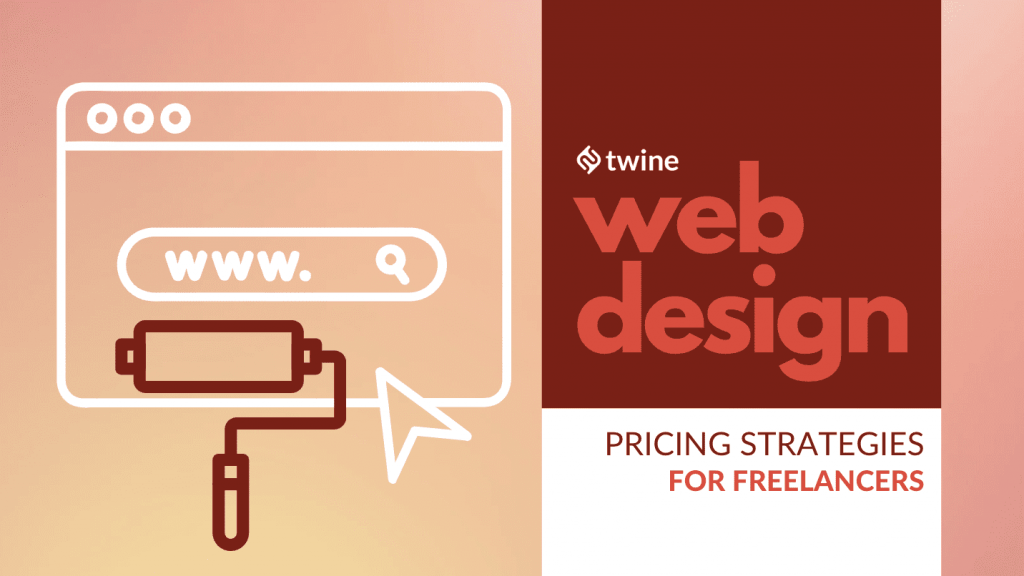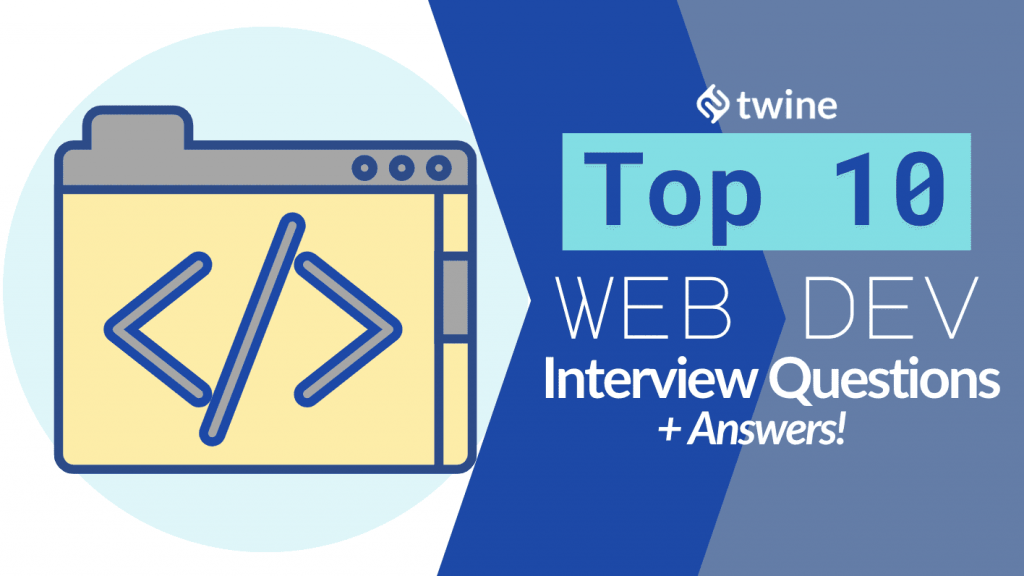
What’s in web development, and are those web developer interview questions really that hard? Let’s break it down.
A well-established freelance web developer can earn, on average, about $60 per hour. Then, take into consideration the benefits of remote work and the fact that you get to choose your own projects and establish your hours, this seems like a rather attractive career path.
However, the world of freelancing, especially in the web development niche, is very competitive. As such, it can be difficult to break the ice and find high-paying customers from the get-go.
On the other hand, if you have the skills, and can convince prospective customers of your value for their project, it won’t be too difficult to secure those first jobs. Therefore, today we’re going to discuss the freelance web developer hiring process, and provide you with a cheat sheet for the top 10 most common web developer interview questions.
Once you have these tools in your kit, you’ll be able to get any project you want!
Note: Web Developers around the world have chosen Twine to win themselves incredible job opportunities. Want to join them? Sign up here.
How To Prepare For A Web Developer Interview
Spruce Up Your Portfolio
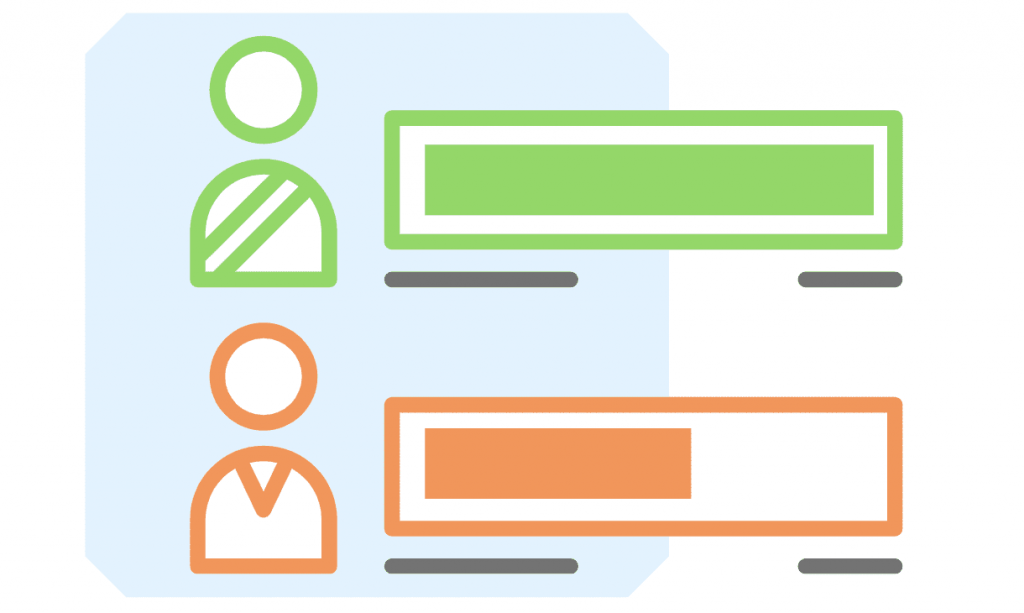
In today’s day and age, the portfolio is a powerful bargaining chip, especially in the world of web development. So, make sure you include a wide range of projects you’ve worked on (even as part of a team).
A quick tip: If you’re just starting in the world of web development, it helps to have a few projects of your own. You may not get paid for them, but the time invested will be well spent since these projects help you practice your skills and land new customers.
Understand Your Role
Seen from a general perspective, the role of a web developer is to design, build, and maintain websites and online software applications. However, if you take a deeper look, you will notice the field is incredibly diverse. With so many web technologies floating around, it’s impossible for one person to master everything.
Therefore, web developers tend to specialize within a niche, and only work on projects that fit those specialized skills.
Following this idea, job requests always come with a list of requirements and technologies that the web developer must be familiar with. So, before you apply, make sure you understand those requirements and that your skills fit the bill.
What’s Your Budget?
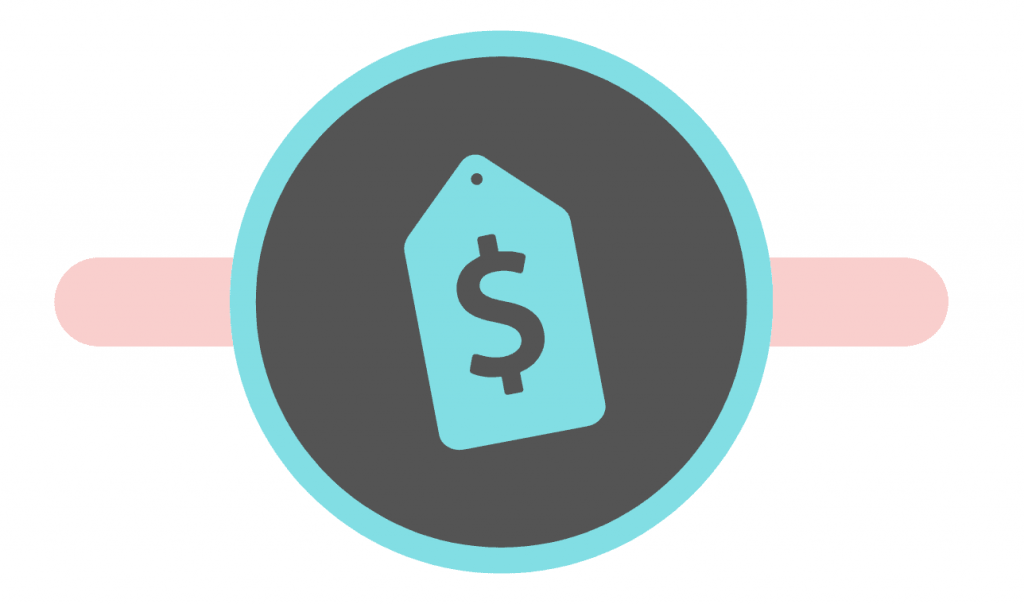
Even if you’re just starting freelancing, this doesn’t mean you have to sell your skills cheap.
As a newbie, it will be a bit difficult to understand how to set your prices, so here are a few questions to ask yourself:
- How long will it take to deliver this project? (in hours)
- Does the project need to be divided into milestones?
- How well do I know the required technologies? (will I have to do some extra study for this?)
- Does the customer set reasonable expectations for the rate they’re offering?
- How is the rhythm – will I have time to work on other projects or do they want quick delivery?
Once you have a time estimate, divide the amount offered by the customer in their initial offer – this will give you the price per hour. Next, considering your prior engagements and costs to support your living, decide if the project is worth your time.
If everything fits within your requirements, and the customer picks your application – you’re ready for the actual interview phase.
What to Expect with Web Developer Interview Questions
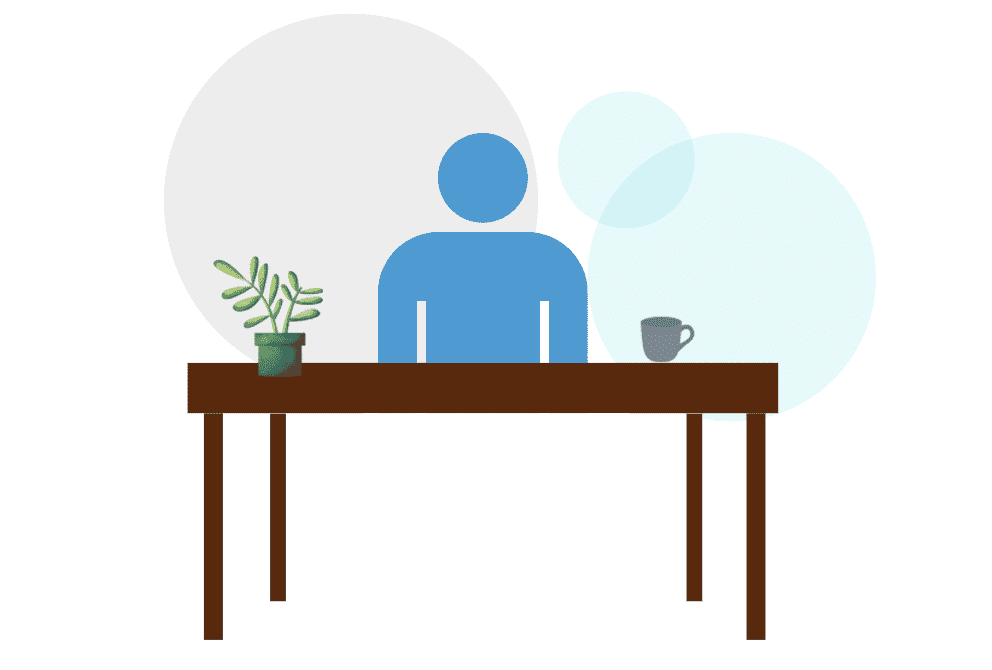
The interview experience may be different from customer to customer, but it helps to be prepared for a more extensive process, such as:
- The initial interview
- A competency test (to see if your skills and the project’s requirements fit)
- A coding test (to assess your technical skills)
- The final interview (to hammer down final details)
On a side note, some clients may come to you via recommendation, so they already know you are skilled and trustworthy. If this is the case, the interview will be shorter and smoother.
Regardless of the situation, you should be prepared with a videoconference setting (camera + headphones + mic) and a solid internet connection. It also helps to prepare in advance (especially if you’re new to online interviews) and do a few test rounds to make sure everything will work flawlessly.
In general, you should expect standard web developer interview questions, but there will be a few freelance-specific ones as well.
In the event you receive any inappropriate interview questions, simply tell the interviewer you perceive the question as intrusive, and you prefer to avoid discussing such matters. Hopefully, this sort of thing won’t happen – but it’s better to be prepared!
Web Developer Interview Questions & How To Answer
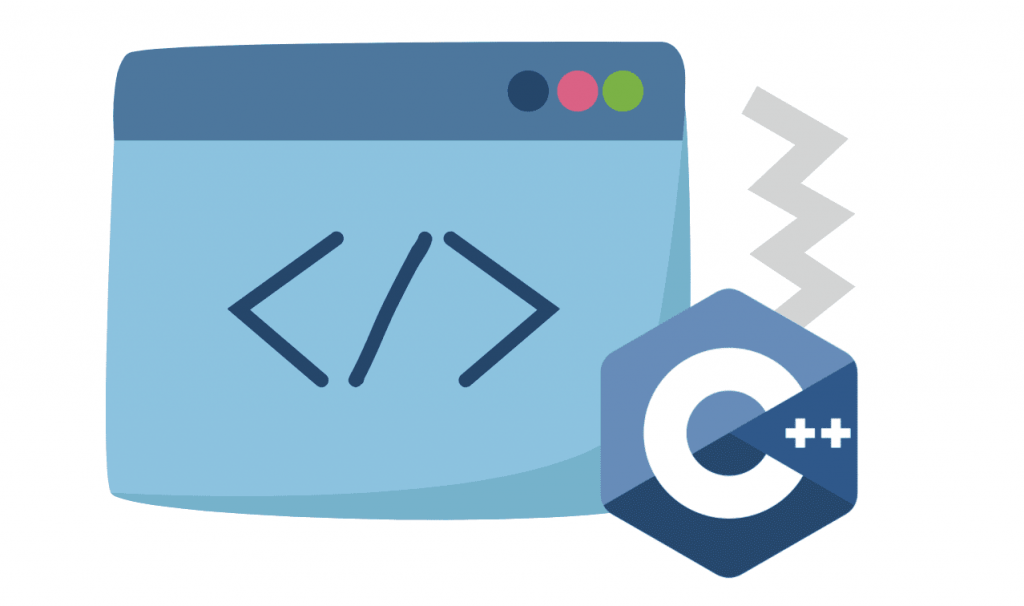
The list of web developer interview questions is quite extensive, but the most common topics are focused on topics such as web technologies, communication, problem-solving, availability, prior experience, and teamwork.
Questions to Determine Your Experience & Communication Skills
#1: Tell us about a recent project you enjoyed working on. Why did you like it and what was your role in it?
This question is designed to determine your overall experience as a web developer and to assess if you integrate well in a team. Talk about a project you know well and mention a few details regarding communication with the rest of the team and the customer.
#2: What part of coding do you find difficult?
The client is trying to identify your technical weaknesses before they get into more details about specific technologies. In this case, it’s best to be honest, but, don’t give the impression you have unsolvable difficulties. Mention the parts and technologies you find a bit difficult or stuffy and talk about the measures you’ve taken to overcome these challenges.
#3: Describe a mistake you’ve made and how you fixed it.
We all make mistakes, regardless of experience, focus, and skills. But mistakes can be fixed as long as you regularly check your code and are open about it with the employer and the rest of the team. And that’s exactly what the interviewer is trying to establish here – that you know mistakes can happen and how you handle them.
Speak about a mistake you’ve made (best to be a medium one, not something big), how you informed the employer/manager, and the solution you’ve found. Also, mention that you haven’t made the same mistake since.
Questions to Determine Your Skill Set
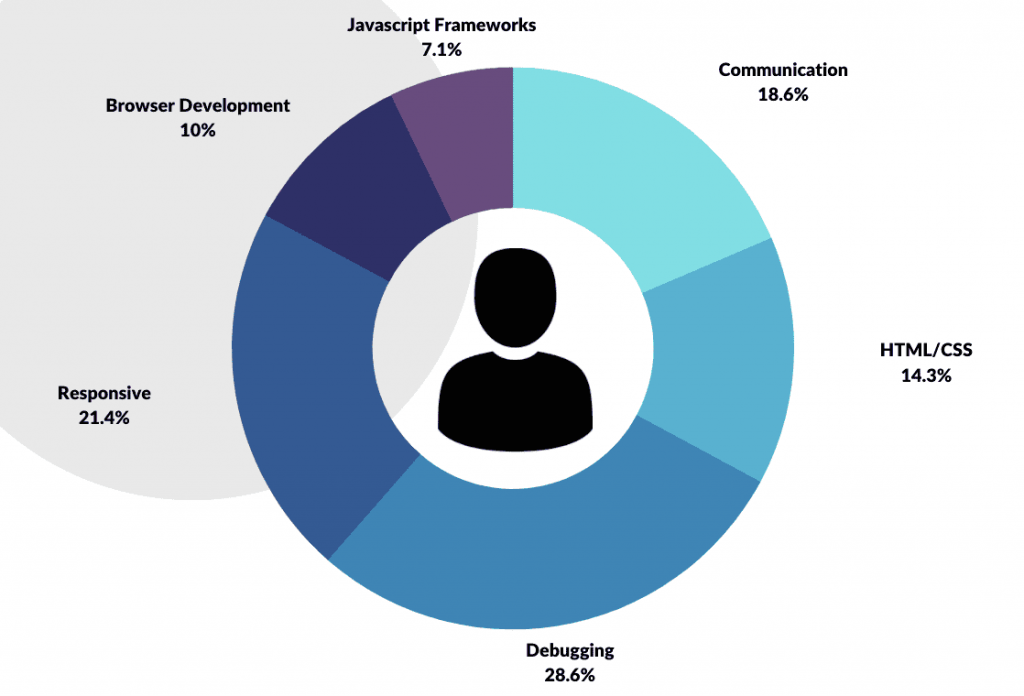
This is going to be the biggest part of the interview since the employer wants to know your tech skills are up to date and a good fit for the project.
#4: Tell us about your favorite development environment
With this question, the interviewer is trying to assess your flexibility with different development environments and if you are familiar with unit testing, frameworks, and working with different version control systems.
It also helps to mention your experience with some of the modern web technologies that are considered a must-have by most employers. In general, a manager will hire someone with extensive experience in several different platforms since it proves you can move from one coding environment to another with ease.
#5: How would you make your web pages load fast?
Given that page speed is an important factor for SEO, the employer will want to hear about your methods. Start with the basics such as light designs, reduced image size, and finding the right hosting solution (among others), and continue with more advanced solutions you know how to implement, such as using a strong website builder and other relevant tools.
#6: How would you describe web development to someone who is not tech-savvy?
With this question, you have the chance to flaunt your deep understanding of the field (since you have to put it in simple terms). Talk about how each website is designed to deliver users a unique and enticing experience, and how developers use a wide array of tools to make sure the pages load fast, work flawlessly, and look good regardless of platform and device.
Questions to Assess your Soft Skills as a Freelancer
#7: How do you communicate your progress to various members of the team & decision-makers?
Be specific. You can say that you usually send a weekly/bi-weekly progress report (mention the data you include in it), but you are flexible and can work based on each customer’s needs. Also, speak about how you stay in touch with other team members (via Slack, Skype, Facebook Messenger, etc), always trying to keep a friendly demeanor.
#8: How do you make sure you meet our deadlines?
It’s very rare that you miss a deadline, and when this happens, you like to be transparent about it and find solutions to keep the project running. This is due to a strict time management system that has proven its efficiency time and time again.
#9: Are you comfortable with changes down the line?
As a web developer, you should be familiar with undecided customers. However, it’s important to set boundaries, so make sure to specify you are OK with changes, as long as they fit the initial contract and can be accommodated in a timely manner.
Also, mention you are comfortable with receiving feedback, as long as it is constructive and follows the project specifications.
#10: Who is your favorite personality/publication in the web development world & why?
The interviewer wants to know if you stay up to date with the news and latest developments in tech. For this, it’s best to have three names or titles (or both) ready and mention why you consider them as a favorite, compared to others in the field.
What To Do After
The interview is over, and you feel it went well. However, you don’t get an immediate reply from the customer. This may be because they still have interviews rolling or they may have decided on someone else.
But which is it?
If they didn’t specify a time by which you should have an answer to your application, you can send a follow-up email, three days after the interview. Keep a friendly and polite tone and mention you enjoyed the interview, so you would like to know if they’ve reached a conclusion.
However, as a freelancer, it’s always best to continue interviewing until you have an open project. This way, you can have a continuous stream of income even if some of the interviews don’t lead to a new job.



